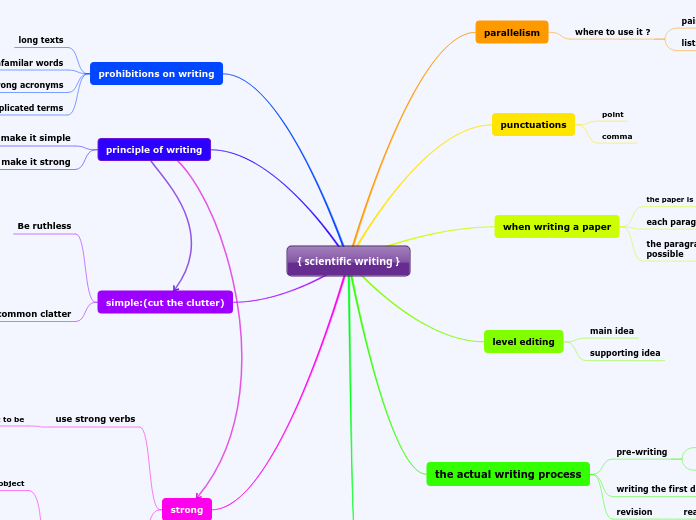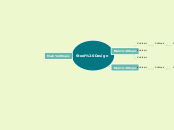par rehan sharafi Il y a 3 années
209
{ scientific writing }
Effective scientific writing demands clarity and simplicity. Each paragraph should communicate a single main idea and be as concise as possible. Complex terms, unfamiliar words, and long texts should be avoided.








